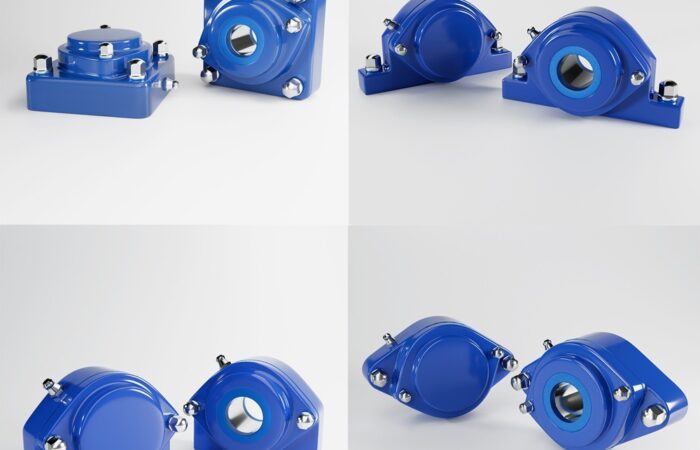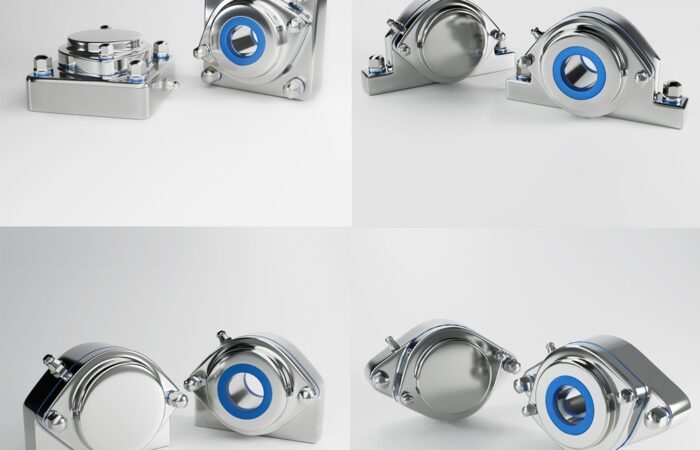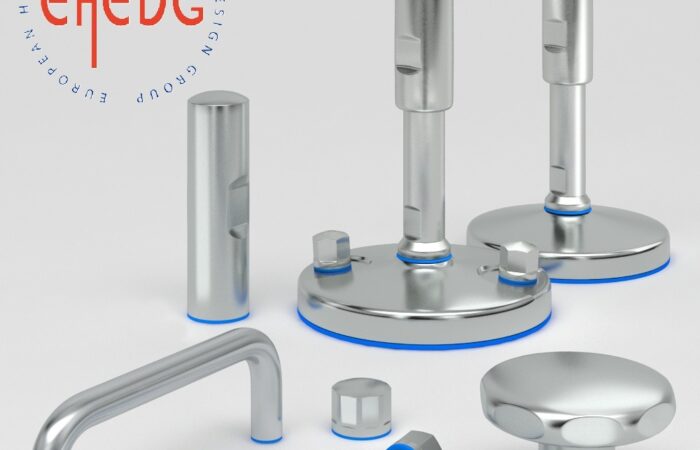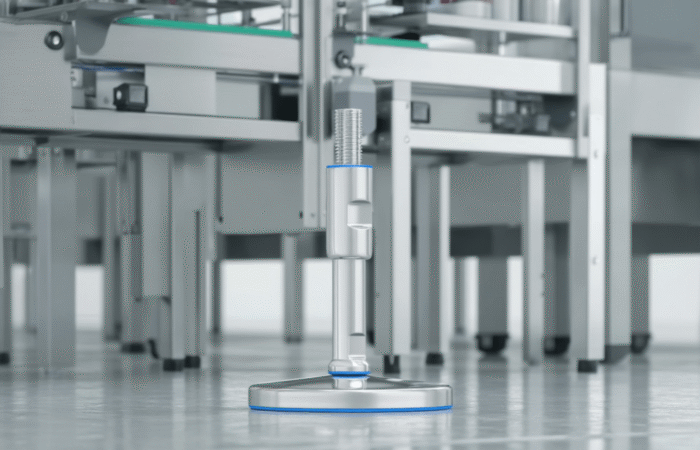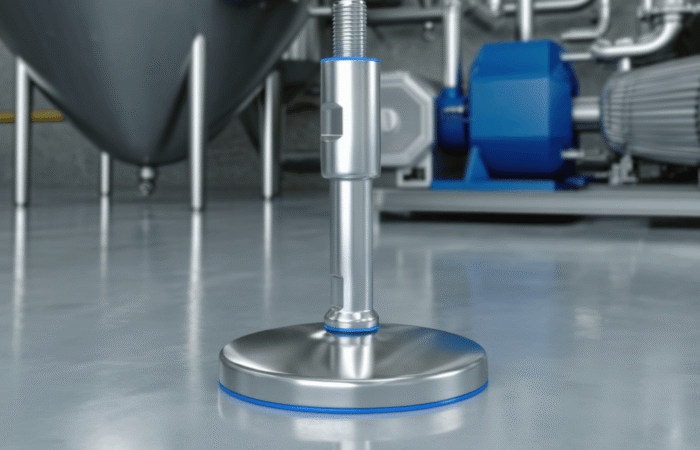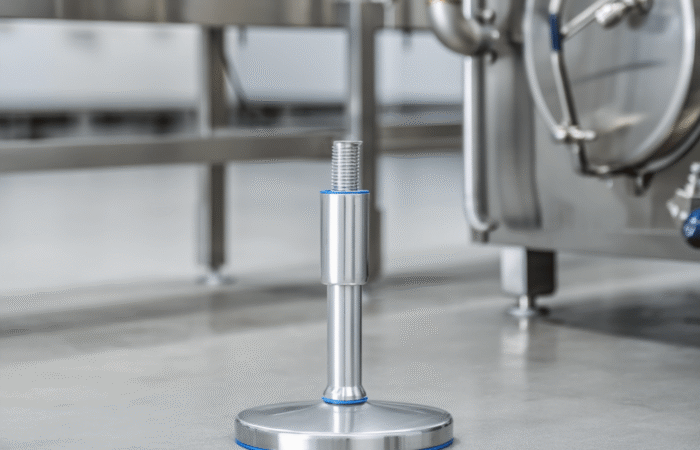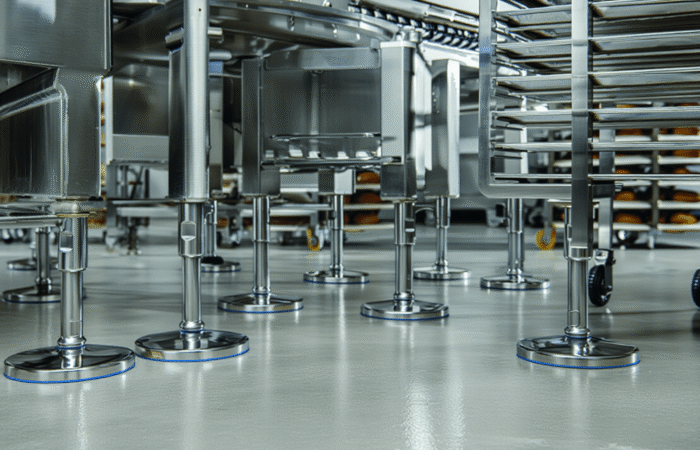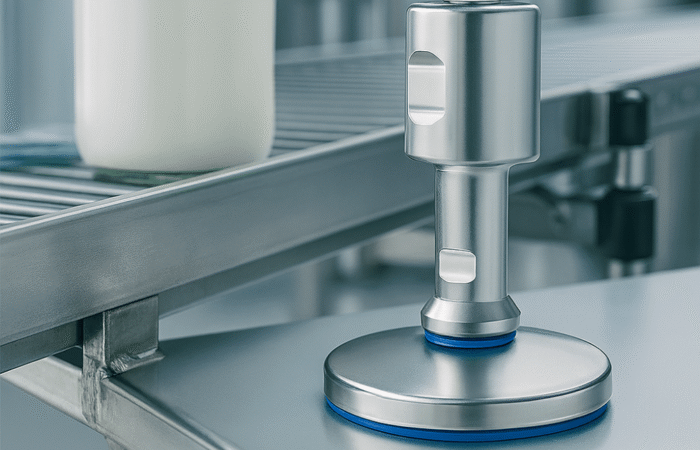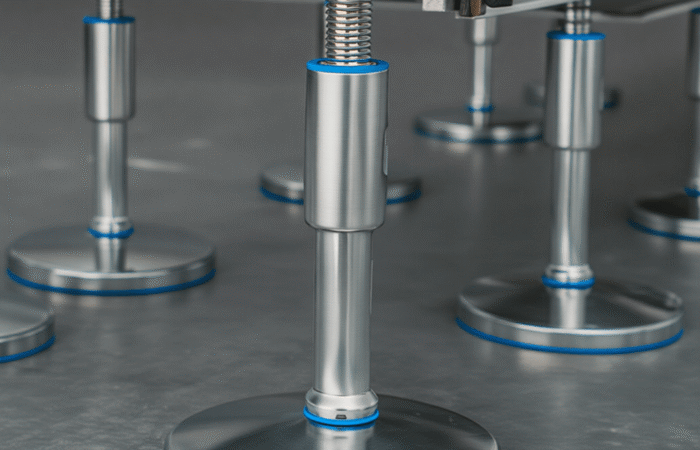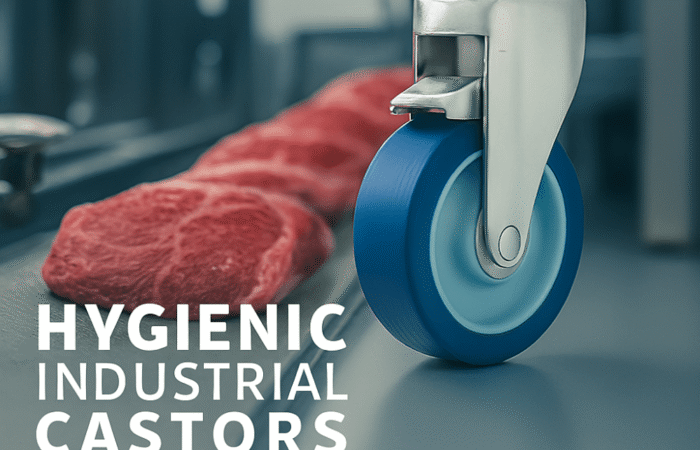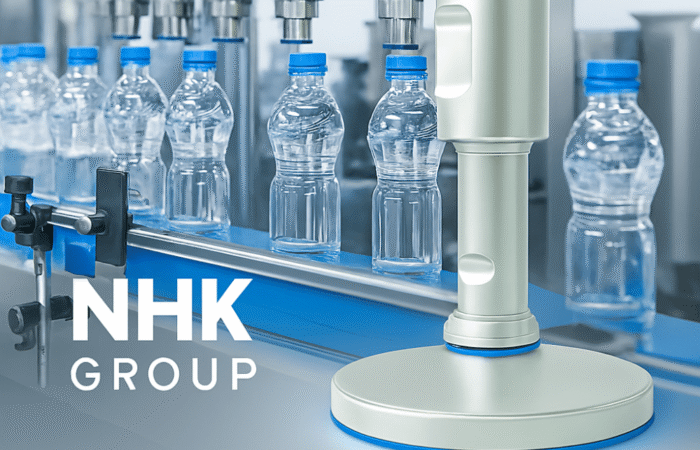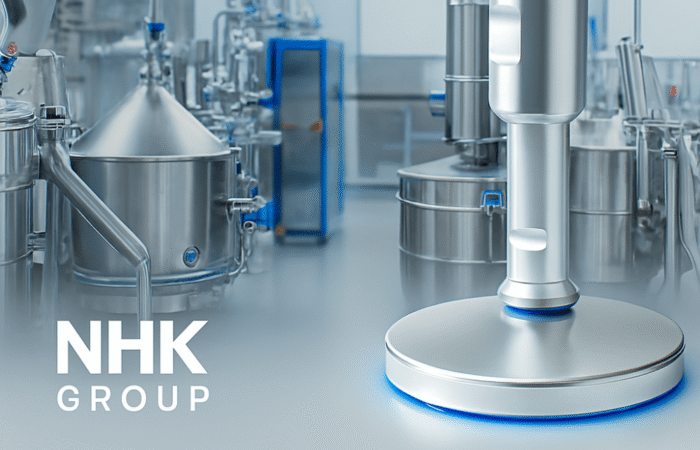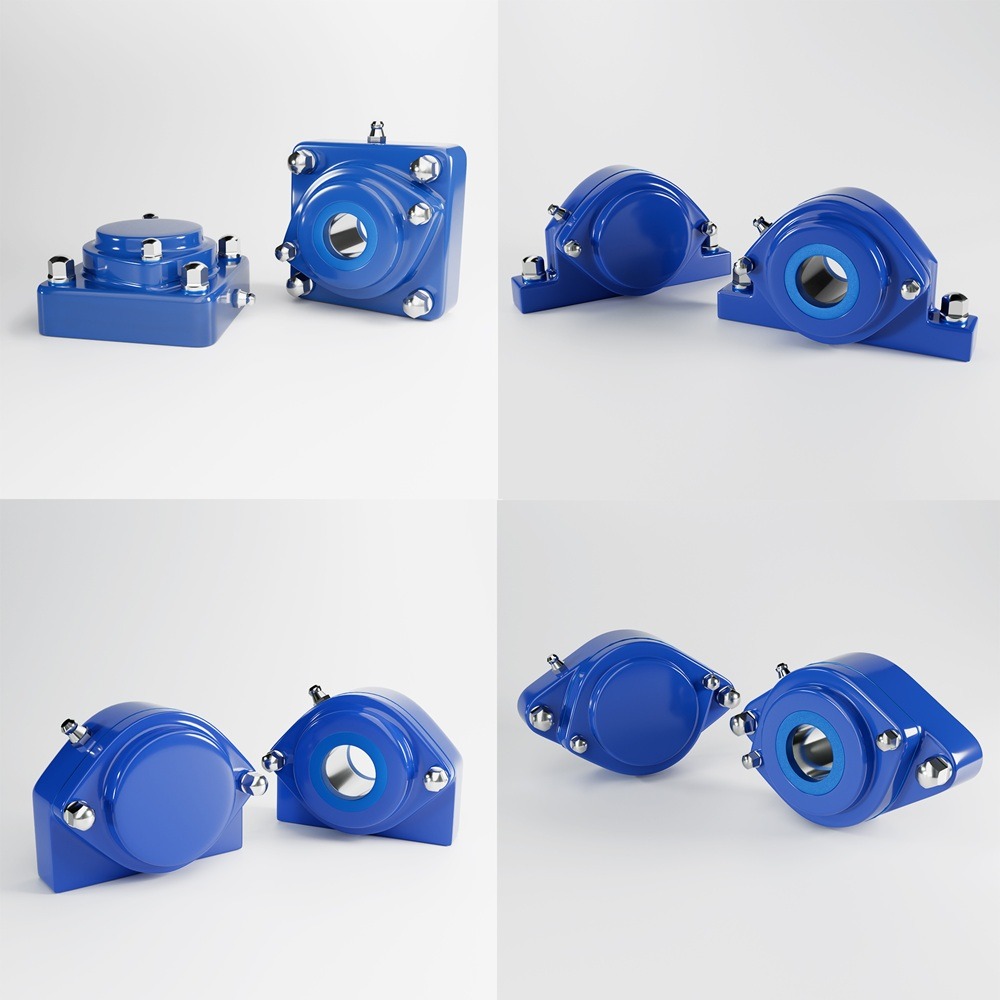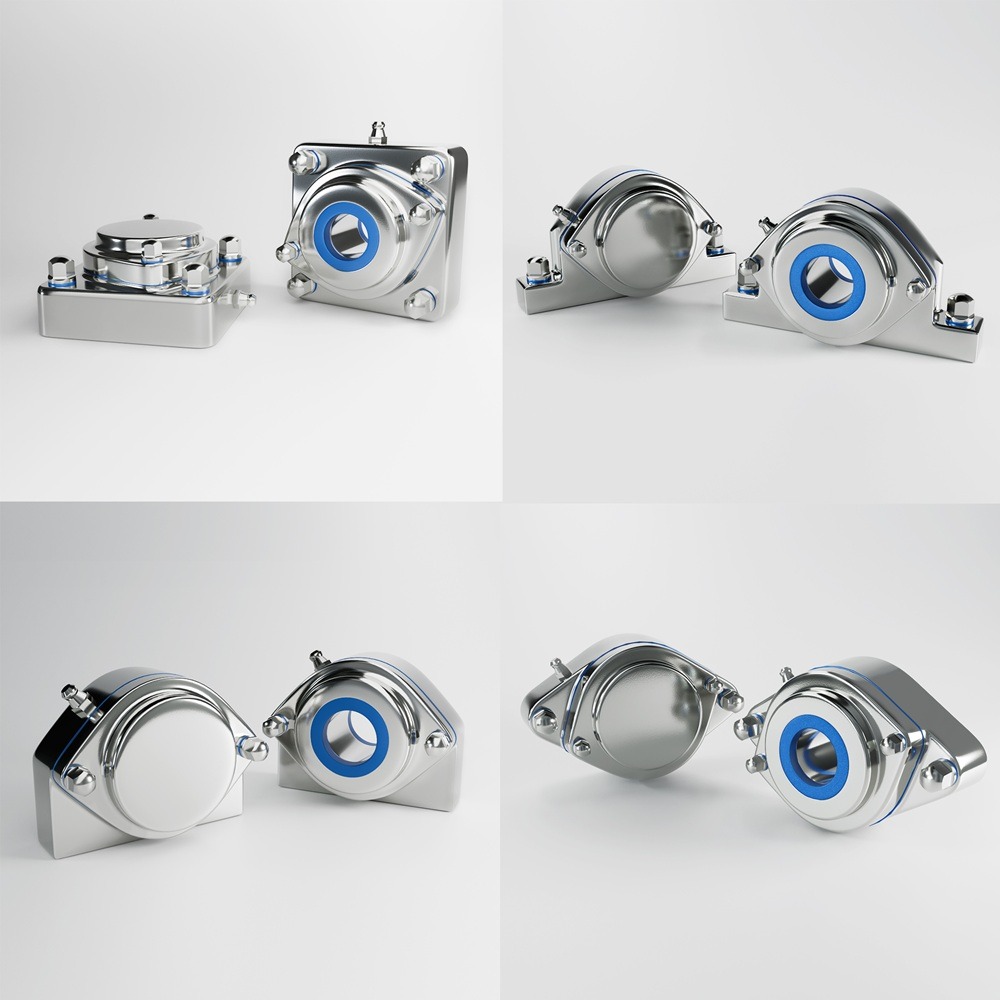
Contribution to the planets sustainable future
The integration of certified sanitary waterproof IP67 bearing housings and hygienic components is a key strategy in promoting a sustainable future. These certifications ensure that the components are both water and dust resistant, which prolongs their lifespan and reduces the need for frequent replacements and maintenance. This durability significantly lowers waste and conserves resources. Additionally, such components are designed for energy efficiency and reduced reliance on harsh cleaning chemicals, minimizing environmental contamination. By adhering to strict environmental and health standards, these components support sustainable manufacturing practices, ultimately contributing to resource conservation and reduced ecological footprints. The increasing global focus on sustainability has led industries to adopt practices and technologies that minimize environmental impact and promote ecological balance. One such practice is the implementation of certified sanitary waterproof IP67 bearing housings and certified hygienic components in various industrial applications. This approach not only ensures the operational efficiency of machinery but also plays a pivotal role in advancing environmental sustainability. IP67 certification for bearing housings signifies that these components are completely protected against dust ingress and can withstand temporary immersion in water. This level of protection is crucial for applications in environments that are prone to contamination and moisture, such as in food processing, pharmaceuticals, and outdoor machinery. The durability provided by IP67 certification means that these housings can resist harsh conditions without degradation, thereby extending the lifespan of the bearings and the machinery they support. The primary sustainability advantage of using IP67 certified bearing housings lies in their enhanced longevity. By protecting bearings from environmental elements that typically cause wear and tear, these housings significantly reduce the frequency of component replacements. Fewer replacements mean less manufacturing demand for new parts, which in turn leads to a reduction in the resources required—such as metal, energy, and labor. Moreover, the extended service life of these components decreases the amount of waste generated, helping to curb the industrial contribution to landfill and pollution. Components designed to meet hygienic and environmental standards often incorporate advanced engineering that improves their efficiency. For example, bearing housings that are easier to clean and maintain due to their hygienic design require less downtime and reduce the energy expenditure associated with maintenance activities. Additionally, smoother and more reliable component operations reduce the energy consumption of the machinery overall. This not only helps industries lower their energy costs but also contributes to broader efforts to decrease carbon footprints and combat climate change. Certified hygienic components are specifically designed to be easy to clean, often requiring less water and fewer harsh chemicals to maintain sanitary conditions. In industries such as food processing, where cleanliness is paramount, the ability to maintain hygiene standards with minimal chemical use is a significant environmental benefit. Reducing chemical usage decreases the risk of releasing harmful substances into the ecosystem, thereby protecting water quality and biodiversity. Adopting certified sanitary and waterproof components also helps companies comply with stringent environmental regulations that aim to reduce ecological impacts. Compliance not only mitigates the risk of legal and financial penalties but also enhances a company’s market standing among environmentally conscious consumers. In today’s market, sustainability is not just a regulatory requirement but a competitive edge that can attract customers, investors, and partners who prioritize environmental responsibility. In conclusion, the use of certified sanitary waterproof IP67 bearing housings and certified hygienic components is more than just a technical requirement; it is a strategic approach to sustainable industrial practice. These components contribute significantly to environmental sustainability by enhancing the durability and efficiency of industrial machinery, reducing the need for resource-intensive maintenance, and decreasing reliance on harmful chemicals. As industries continue to evolve and prioritize sustainability, the adoption of such certified components will play a critical role in shaping a more sustainable future for the planet. Industrial machinery requires precision-engineered components that meet exacting standards for durability, safety, and performance. This comprehensive guide explores the essential machinery parts that drive modern manufacturing across food processing, packaging, and chemical industries. Understanding the difference between Pillow Blocks and Flange Bearings is crucial for engineers and procurement professionals seeking to optimize equipment longevity. Pillow block bearings, also known as plummer blocks, are self-aligning bearing units that simplify installation and significantly reduce maintenance costs. These versatile components mount on machine frames and support rotating shafts with exceptional precision, ensuring smooth operation in demanding industrial environments. Flange bearing units offer a more compact alternative, featuring integrated flanges that enable direct mounting to flat surfaces without additional hardware. Both designs come in various materials, including stainless steel grades optimized for corrosive environments and food-grade applications where hygiene is paramount. The importance of material selection cannot be overstated in machinery design. Type 440 Steel and 420 grades offer distinctly different properties suited to specific applications and environmental conditions. The 440 stainless steel variant provides superior hardness and exceptional edge retention, making it ideal for cutting tools and high-wear applications requiring maximum durability. Meanwhile, 420 stainless steel offers better corrosion resistance and is preferred in food processing equipment where chemical exposure is common. Hygienic stainless steel components have become essential in food machinery, meeting EHEDG standards and facilitating rapid equipment cleaning required in modern food production facilities. Understanding ingress protection ratings is equally critical for machinery durability and operational reliability. IP67 rating ensures protection against dust and temporary water immersion, while IP68 rating provides complete dust protection and sustained water immersion capabilities for submerged operations. The IP69K standard represents the highest protection level, specifically designed for high-pressure wash-down environments found in industrial food processing facilities. These ratings define how effectively machinery components withstand environmental challenges and maintain performance. Modern industrial facilities increasingly demand equipment that combines high performance with ease of maintenance and sanitation. The choice between different bearing types depends on operational requirements, environmental conditions, and budget constraints. Proper component selection ensures extended equipment lifespan, reduced downtime, and improved operational efficiency.Integration of certified sanitary parts and hygienic components
The growing global focus on sustainability
Certified IP67 Bearing Housings: An Overview
Enhanced Longevity and Reduced Resource Consumption
Energy Efficiency and Operational Excellence
Reduction in Chemical Use
Regulatory Compliance and Market Advantage
Conclusion


Contact
Understanding Machinery Components & Protection Standards
